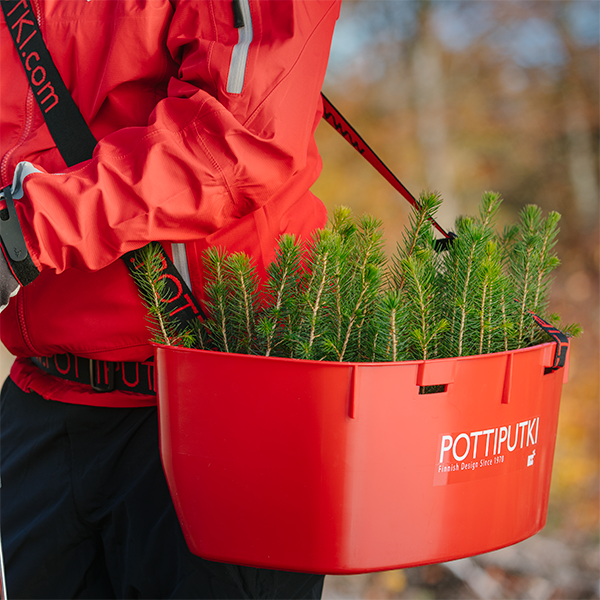Orders received by 1pm Sydney time are usually shipped on the same business day
Shop our wide range of professional tools from quality brands
Shop our wide range of garden tools at warehouse prices from quality brands
Brands S-Y
Shop our wide range of garden tools at warehouse prices from quality brands
Part #86
$240.00
In Stock
GRS densitometer for accurately estimating canopy cover, removing guesswork. Enables collection of quantitative data using a point transect sampling method in conjunction with the densitometer. Full documentation provided. GRS is the designer and manufacturer of the Densitometer, a tool for the estimation of vegetation cover. The GRS Densitometer, when used with line-point transect sampling, combines horizontal and vertical vegetation sampling, thereby enabling the collection of resource information across the landscape (horizontally) at different canopy levels (vertically). This technique provides estimates of cover for any element in a forested environment such as: trees, shrubs, herbs, downed-woody material, fuels, and snags. This method of sampling has been shown to be accurate, objective, and repeatable between observers. The GRS Densitometer is used with the point-transect method of sampling. The GRS Densitometer is a tool that uses a mirror to project a view of the sample location point in the canopy above to the person holding the Densitometer on the ground. Unlike other methods of determining canopy closure, the GRS Densitometer can be aligned to give an exact vertical line-of-sight into the canopy. Mounted inside the viewing tube are two bubble-line levels. The field technician can simply sight through the Densitometer until the bubble levels line up, then record the data point viewed through centered cross hairs. Using this accurate tool, canopy data collection becomes efficient, accurate, and repeatable. The user records sample data, as indicated by the GRS Densitometer, at pre-determined intervals along a transect. This method of sampling is more accurate and consistent than other cover estimation methods. Spherical mirrors, which are bulky and inaccurate, can be directly replaced by the GRS Densitometer. The point transect method has been used for many years, and finally there exists a simple, lightweight tool for implementing this sampling procedure. Made in USA.
Subscribe to our newsletter to get the inside scoop on new releases, exclusive offers and more.
